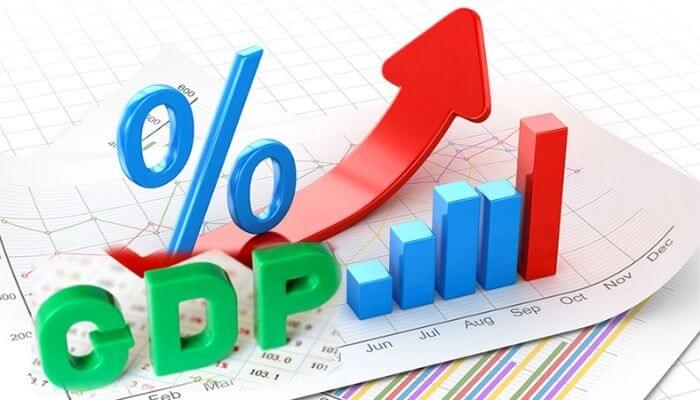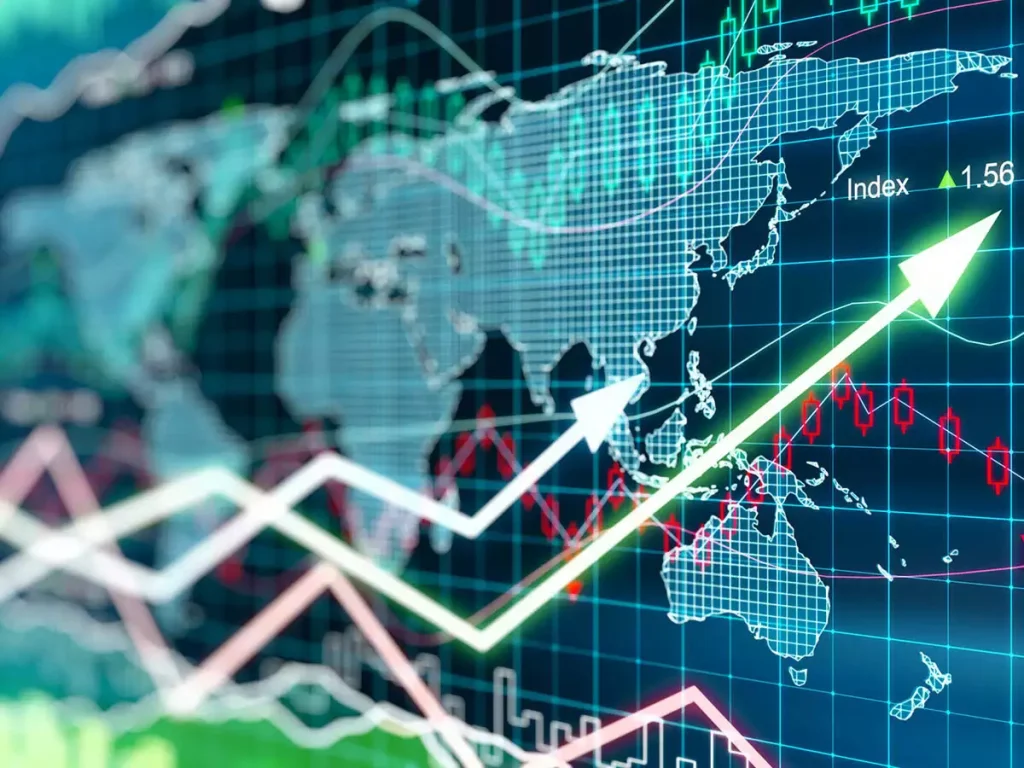GDP UP but Headwinds ahead

Last year, the economy grew by almost 2%. This growth is unlikely to be achieved in 2023. Experts predict an economic slowdown. The Wiesbaden statisticians had a little surprise in their bags on Friday when they presented the GDP data for 2022: according to their previous estimates, the economy stagnated in the last quarter of 2022. That would be a respectable result given many predictions dark with an impending crisis. recession.
However, this first estimate was based on incomplete data. “As a result, the fourth quarter result is still subject to a high degree of uncertainty,” said the new head of the Federal Statistical Office, Ruth Brand.
Support Measures Reassure Consumers and Businesses
However, many economists believe that a recession could still be avoided this winter. If so, it should be at least milder than expected a few weeks ago. “The German economy could develop better than feinared,” said Thomas Gitzel, chief economist at VP Bank.
“The recession may go back on schedule”.
If the outlook improved somewhat at the start of the year, it was partly thanks to massive government measures to support consumers and businesses – such as a brake on energy prices. It relaxes businesses and consumers and thus supports consumption and the economy.
Full Order Books Provide Impetus
Hopes are growing on the financial markets that there will ultimately be no recession in the industrialized countries. Also contributing is the fact that the risk of gas supply bottlenecks has been reduced this winter due to relatively mild weather. This week, the federal network agency said:
Gas shortages this winter are becoming increasingly unlikely.
The loosening of supply chains is also having a positive effect at the moment. Problems with reviving the German economy hampered production last year and therefore the recovery from the coronavirus pandemic. As corporate order books are relatively full due to production hurdles, order processing will also provide some economic boost this year.
High Inflation Continues to have a Negative Impact
However, the headwinds of persistent high inflation are significant. As wages do not rise at the same rate as inflation, households suffer from a loss of purchasing power – and businesses from rising energy prices, which drive up production costs – despite government grants.
“The stagnation of GDP in the fourth quarter shows that high inflation has left its mark on the German economy,” said Jörg Kramer, chief economist at Commerzbank, summarizing the developments. According to his calculations, GDP will contract by about half a percent this year.
A slight recession is still likely for this year.
Headwinds to the local economy are coming from areas that previously had a catalytic effect. In the construction sector, for example, orders are falling and builders are canceling orders. Apart from rising material costs, this is also due to the fact that the European Central Bank has significantly raised interest rates in the fight against inflation. This makes it difficult to finance planned construction projects, but should discourage other investment and consumer spending.
Outlook 2023: Mixed
Finally, trade with China could become a problem for the German export economy. China’s foreign trade recorded the third consecutive decline, as announced by the Chinese authorities at the end of the week. Exports to Germany fell by around 30% and imports to China by 11%.
China is grappling with the spread of the coronavirus belatedly after leaders in Beijing reversed their Covid-free strategy and eased protective measures. Economically, the outlook for 2023 is mixed. Many uncertainties make predictions difficult.

